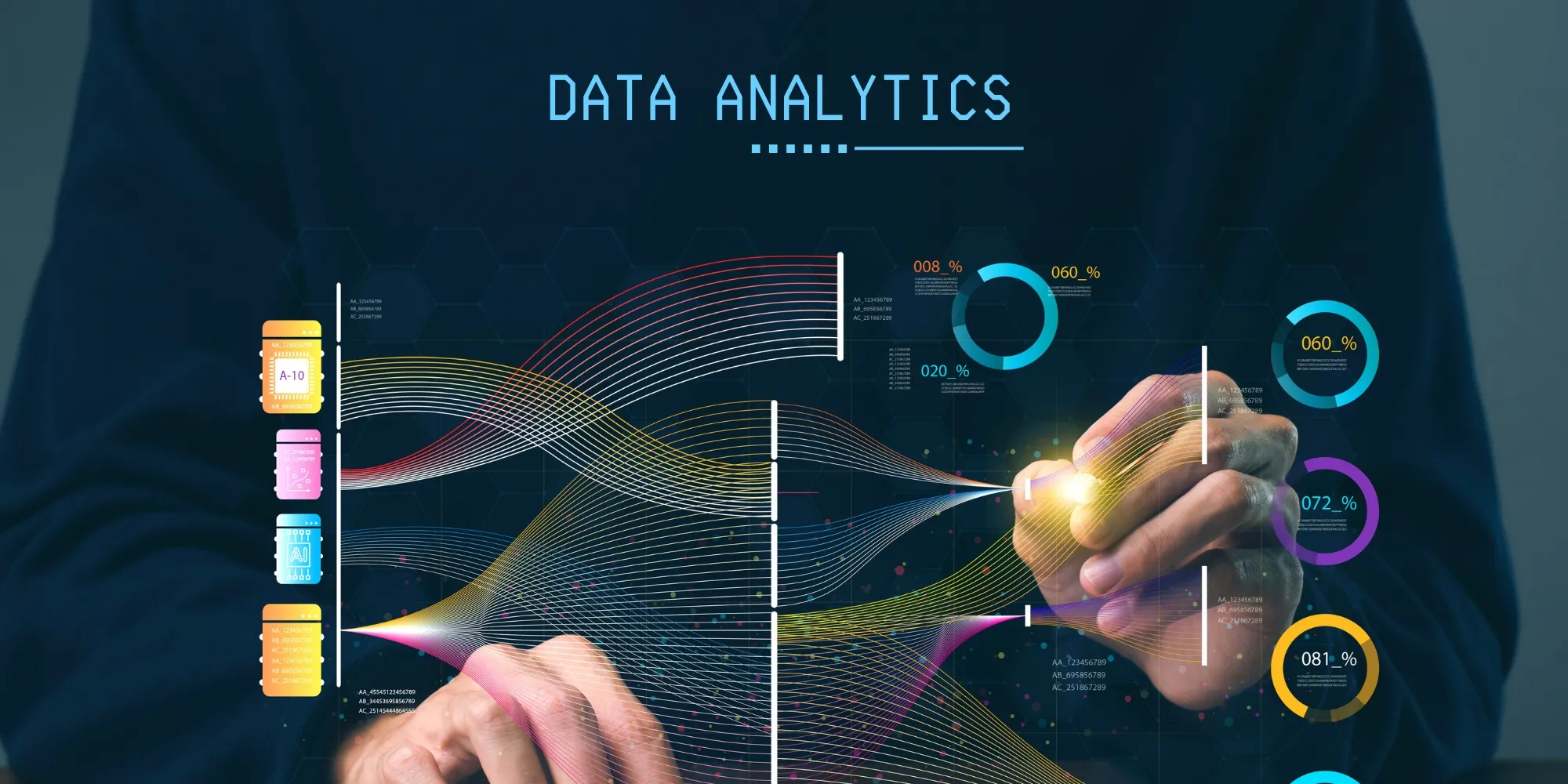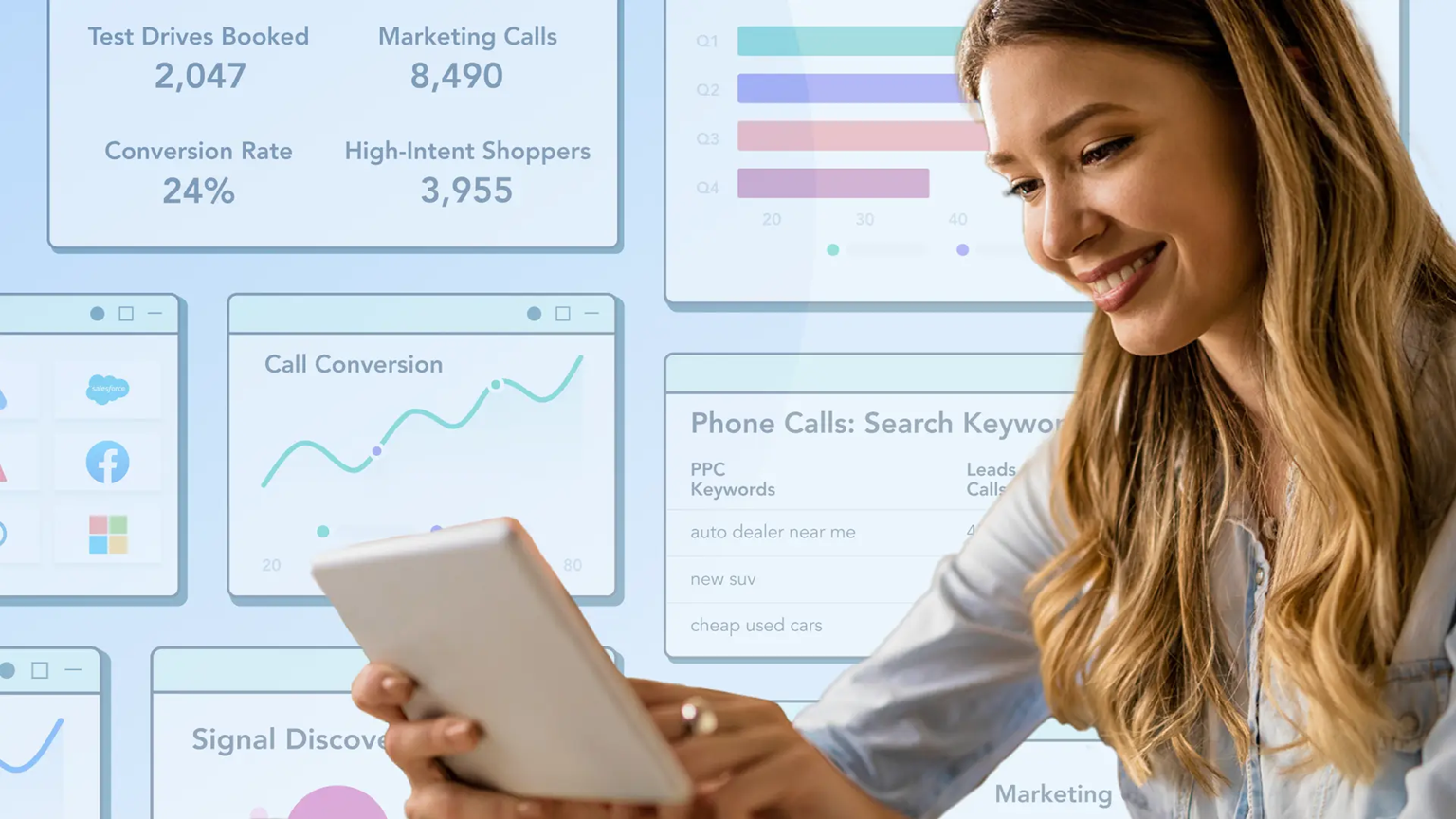In today’s competitive and technology-driven landscape, data analytics in modern business has become a cornerstone of strategy. Companies that harness the power of data gain invaluable insights that help them make informed decisions, optimize operations, and predict future trends. This transformative process not only fosters innovation but also enables businesses to stay ahead of the competition by adapting quickly to changes in the market.
Let’s explore the critical role that data analytics plays in contemporary business, examining its benefits, applications, and future potential. By the end, you will understand why adopting data analytics is no longer optional, but essential for sustainable growth and success.
Understanding data analytics in business

Data analytics refers to the process of examining raw data to extract meaningful insights. It encompasses techniques like statistical analysis, machine learning, and predictive modeling, transforming data into actionable strategies. Businesses use data analytics to identify patterns, understand customer behavior, and uncover opportunities that would otherwise go unnoticed.
Modern data analytics goes beyond traditional spreadsheets and dashboards. It integrates advanced tools like artificial intelligence (AI) and big data platforms, enabling companies to analyze vast amounts of information in real time. Whether it’s sales figures, customer feedback, or social media metrics, every piece of data holds potential insights waiting to be unlocked.
The importance of data analytics in modern business
1. Driving informed decision-making
One of the biggest advantages of data analytics is its ability to enable data-driven decisions. By analyzing historical and real-time data, businesses can make precise choices that minimize risk and maximize results. For instance, a retail chain can study purchasing patterns to optimize inventory levels, ensuring popular items are always in stock.
2. Enhancing customer experience
In an age where customer expectations are at an all-time high, personalization is key. Data analytics helps companies tailor their offerings to meet individual needs. Netflix, for example, uses analytics to recommend shows based on a user’s viewing history, creating a unique and engaging experience.
3. Optimizing business operations
Efficiency is a cornerstone of profitability. With data analytics, companies can streamline operations by identifying bottlenecks, reducing waste, and improving supply chain management. Predictive analytics, in particular, allows businesses to anticipate potential disruptions and prepare accordingly.
4. Boosting marketing effectiveness
Marketing campaigns that leverage data analytics are far more effective than those relying on guesswork. Businesses can segment their audience, track campaign performance, and adjust strategies in real time. This ensures that marketing dollars are spent wisely, driving better ROI.
5. Enabling innovation and growth
By analyzing market trends and consumer demands, businesses can identify new opportunities for growth. Data analytics fosters innovation by uncovering unmet needs, guiding product development, and enabling businesses to stay ahead in competitive markets.
Applications of data analytics across industries

1. Retail and e-commerce
Retailers use data analytics to manage inventory, personalize shopping experiences, and optimize pricing strategies. E-commerce giants like Amazon rely heavily on data-driven algorithms for product recommendations and dynamic pricing.
2. Healthcare
In healthcare, data analytics plays a crucial role in patient care and operational efficiency. Predictive analytics helps in disease prevention, while big data enables more accurate diagnoses and personalized treatment plans.
3. Finance
Banks and financial institutions leverage data analytics for fraud detection, credit scoring, and investment strategies. Real-time analytics also help traders make informed decisions in fast-paced markets.
4. Manufacturing
In manufacturing, predictive maintenance powered by data analytics reduces downtime and improves equipment efficiency. Supply chain analytics ensures timely delivery of materials, enhancing overall productivity.
5. Marketing and Advertising
Marketers use data analytics to understand consumer behavior, measure campaign success, and optimize ad spend. Tools like Google Analytics provide insights into website traffic and user engagement.
6. Sports
From player performance analysis to fan engagement strategies, data analytics is transforming the sports industry. Teams use data to gain a competitive edge, while leagues enhance the fan experience through personalized content.
The future of data analytics in business

The future of data analytics is bright, with emerging technologies poised to make it even more impactful. Artificial intelligence and machine learning are driving the next wave of innovation, enabling predictive and prescriptive analytics at an unprecedented scale. As IoT devices proliferate, businesses will have access to even richer datasets, offering deeper insights.
Moreover, ethical data use and privacy will become central themes. Businesses must navigate the fine line between leveraging data for growth and respecting customer privacy. Transparency and compliance with regulations like GDPR will be critical.
How to implement data analytics in your business
1. Define clear objectives
Start by identifying the problems you want to solve or the opportunities you want to explore. Clear objectives guide the data collection and analysis process.
2. Invest in the right tools and talent
Leverage advanced analytics tools like Tableau, Power BI, or Google Analytics. Hiring skilled data scientists and analysts is equally important to interpret complex datasets.
3. Focus on data quality
Accurate and relevant data is the foundation of effective analytics. Ensure your data sources are reliable and that the information is up-to-date.
4. Foster a data-driven culture
Encourage your team to rely on data for decision-making. Provide training to help employees understand and use analytics tools effectively.
5. Continuously measure and improve
Data analytics is an ongoing process. Regularly evaluate your strategies, measure performance, and refine your approach based on insights.
By embracing data analytics, businesses can unlock unprecedented opportunities for growth and innovation. Whether you’re a small startup or a global enterprise, leveraging data analytics is key to staying competitive in today’s fast-paced world.
FAQs about data analytics in business
What is the role of data analytics in business?
Data analytics in businesses helps make informed decisions, optimize operations, improve customer experiences, and identify growth opportunities.
Why is data analytics important?
Data analytics provides actionable insights that enhance decision-making, boost efficiency, and drive innovation, giving businesses a competitive edge.
What tools are commonly used in data analytics?
Popular tools include Tableau, Power BI, Google Analytics, Python, R, and SQL for analyzing and visualizing data.
Can small businesses benefit from data analytics?
Absolutely. Even small businesses can use analytics to understand customer preferences, improve marketing strategies, and streamline operations.




